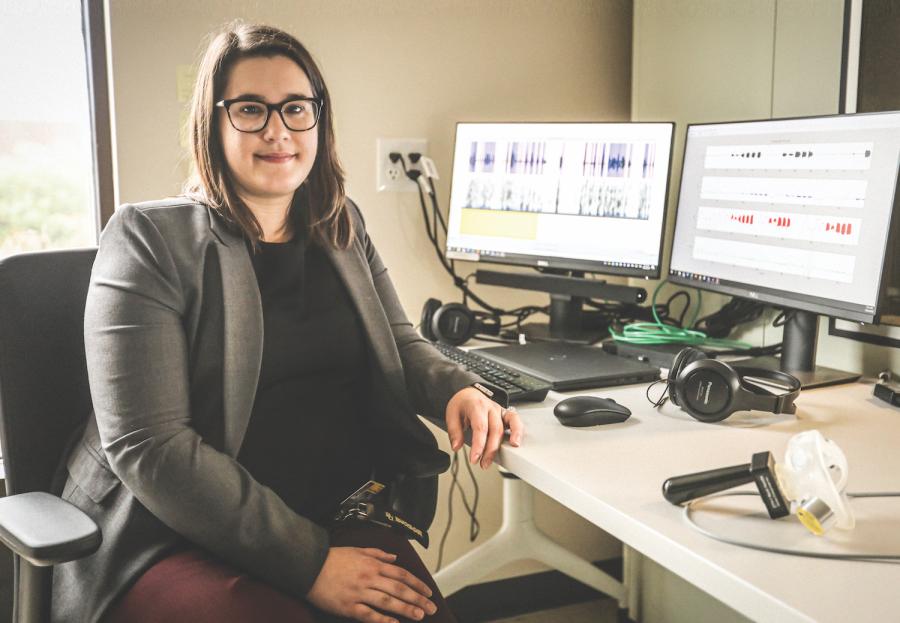Our Christian perspective and transdisciplinary approach to the teaching and research of human flourishing equips Baylor faculty, students, and alumni to offer unique responses to social problems. The research and programs developed around human flourishing, leadership, and ethics will provide a single venue dedicated to addressing the ethical, social, and technological challenges facing the contemporary world.
Equally important to a thriving society and the development of individuals is an appreciation for and expression of the arts in many forms. Through the Departments of Art, Film and Digital Media, Theatre Arts, and the School of Music, Baylor is building on the strong national reputations of these programs to continue enriching the artistic life of our community, region, and nation. The arts develop original thinking by blending liberal arts education and professional training.
Programs across schools, colleges, and student life foster collaboration and embody the very essence of Baylor's "worldwide leadership and service" mission. These opportunities equip students for the types of collaborative, cross-sector leadership and service that the future demands.
Learn More about the Human Flourishing, Leadership and Ethics Initiative

On April 14, Baylor University held its third annual Baylor Giving Day. For 24 hours, Baylor’s alumni, parents, faculty, staff, students and friends came together to give back and shine a light on the things they hold dear here. Baylor saw 3,942 people, foundations and organizations give to every academic unit and to all areas of the University, with a total of more than $1 million given to celebrate Baylor Giving Day.

The tools that enable Baylor faculty to conduct groundbreaking, life-changing research come in all shapes and sizes. From room-sized, multi-ton sound booths that measure hearing to table-top instruments that measure minute changes in speech, the faculty in Baylor’s Department of Communication Sciences and Disorders (CSD) clinics are using their tools to help people better process the world around them and are preparing the next generation of scientists and clinicians who will care for their patients.